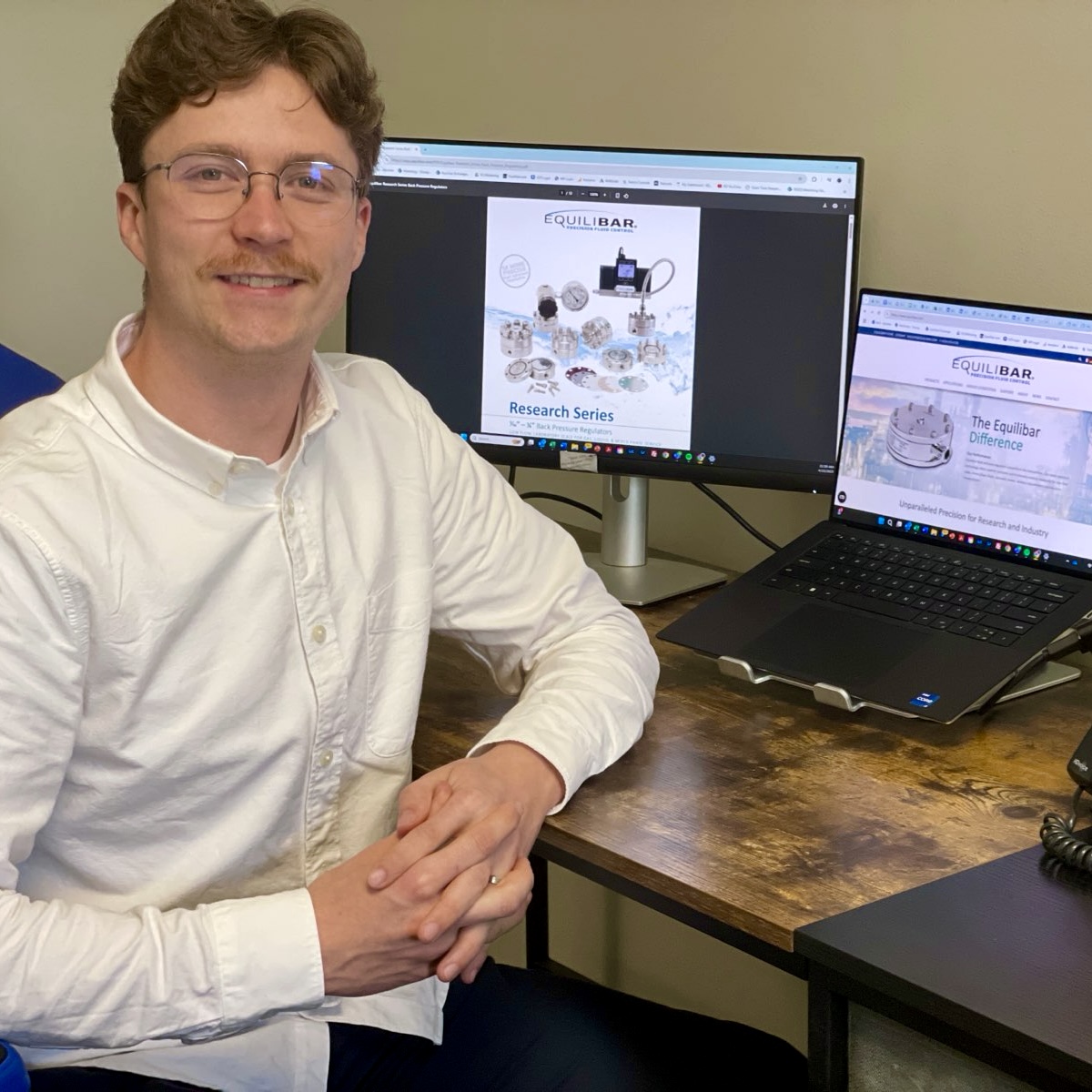In recent months, engineers at Equilibar have noticed an increase in inquiries for electrolysis applications. There could be many reasons for this trend, but one of the most likely is that renewable energy and decarbonization efforts continue to grow at a fast pace, and many of these initiatives involve electrolysis.
In simple terms, water electrolysis is the process of splitting water into hydrogen and oxygen with the help of electricity. Energy researchers use water electrolysis to produce hydrogen as an energy source from renewable resources. Specifically, wind turbines and Photovoltaic cells can be used as electricity sources for the electrolyzer to produce hydrogen for hydrogen fuel cells. The goal is to increase the use of renewable energy and decrease carbon emissions.
In a related field, carbon dioxide (CO2) electrolysis is the reduction of CO2 into carbon monoxide, which is an important ingredient in many commodity and specialty chemicals including synthetic gas. Using CO2 electrolysis rather than traditional industrial methods reduces carbon emissions and uses up excess CO2. Increased efforts are being made to realize this value-adding technology.
Factors to consider:
Precision differential pressure control between the anode and cathode is an important factor in designing an efficient electrolysis system. As the reduction takes place in the electrochemical reaction, the pressure differential changes, requiring active pressure control. Equilibar back pressure regulators are a good choice for these systems because of their extreme precision and unparalleled responsiveness.
A couple of the more exciting examples of how our fluid control valves and back pressure regulators have been used in electrolysis include an experiment related to a new way to generate oxygen in space and an ambitious project involving “artificial photosynthesis.”
In the latter example, our partners at Pressure Control Solutions in the Netherlands worked with two international companies to combine CO2 electrolysis and gas fermentation in an “artificial photosynthesis” process they call The Rheticas Project. The project combines cutting edge work in fermentation and electrolysis to make power from renewable energies.
More detailed information on these projects and electrolysis in general can be found on our Electrolysis and Electrolyzer Pressure Control page. I hope you will take a few minutes to check it out. And, as always, please feel welcome to contact me or any of our application engineers with comments and questions. You may email us at inquiry@equilibar.com.

Tony Tang, MSME, is engineering manager for Equilibar. He has years of experience working in fluid control and is listed as an inventor on the Equilibar® Zero Flow back pressure regulator patent. He especially enjoys collaborating with researchers and engineers on challenging applications such as electrolysis and fuel cell research.



